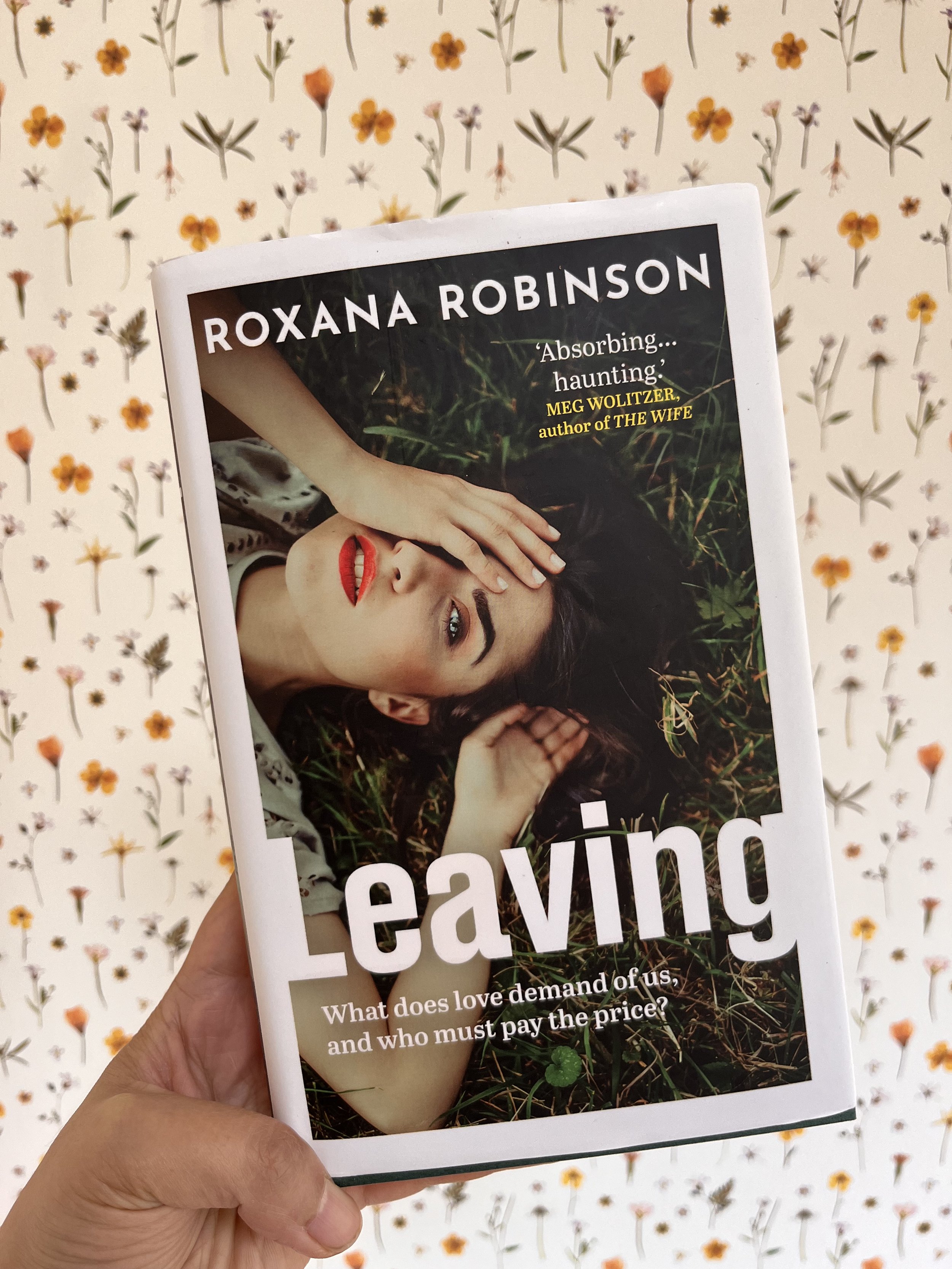Leaving by Roxana Robinson
Every now and again a book comes along that sort of restores you. This, Leaving by Roxana Robinson, did that for me. Goodness, I could have lived in its quiet, precise, subtle and understated prose for so much longer. If you’re a fan of Alice Munro, Tessa Hadley and/ or Elizabeth Strout, I think you will love this.
Leaving is about a couple who once dated when young and then meet again in their sixties and fall in love again. But it is complicated, because they both have families of their own. Commitments, duties. Obligations. But the age thing - it is so subtle. It’s so much more than just a book about falling in love in later life. It is about absence and intimacy and mothers and daughters, and fathers and daughters. It made me pick up the phone and call my mother, actually. Like the best books, it felt very real to me, and it left me with that yearning, longing to know how the author Roxana Robinson did it, what magic in those fingers?
I had never heard of Roxana Robinson before but I have immediately cast her in my favourites; Tessa Hadley came to mind whilst reading Leaving but Robinson’s writing feels… warmer somehow.
I also listened to Robinson on a podcast and was heartened a little to hear that she too would often “give up” on writing many times - only of course she never really did. Which was nice to hear, as so often I feel like this. In the podcast, Robinson said “write what you’re scared of.” And that really stuck with me - I think that’s what I do in my short stories, tap into the dark side of my heart. Fear. Whereas in my novel Playing Games- I wanted very much to write something that would feel hopeful instead, something that would let me believe in better endings. And speaking of endings, this one in Leaving left my throat closed up.
Anyhow; saving this here as part of my ‘scrapbook’ of things that have caught my interest, the things I keep thinking about, as I pursue new inspirations and wonder where they might lead.
